The Imperfect Tense in Arabic – الْفِعْلُ الْمُضَارِعُ | Arabic Free Course
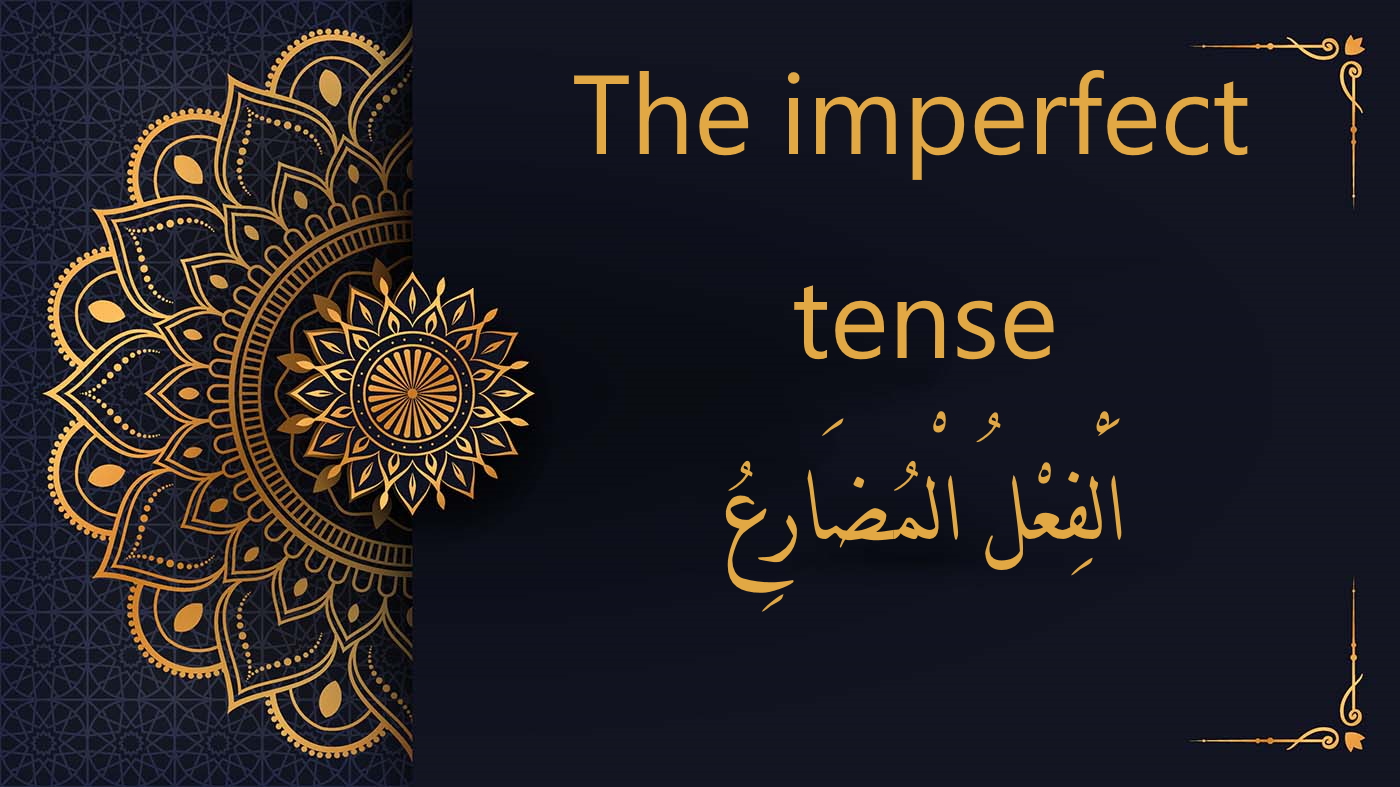
The Imperfect Tense in Arabic – الْفِعْلُ الْمُضَارِعُ The imperfect tense in Arabic serves a dual purpose, encompassing both the present and future tenses to describe actions in an ongoing, unfinished state. The conjugation of verbs in the imperfect tense is accomplished by appending prefixes and suffixes to the base form, which is derived from […]
Verbs with fixed prepositions | Arabic free courses

Verbs with Fixed Prepositions in Arabic Verbs with fixed prepositions are a category of verbs that are commonly paired with specific prepositions, forming an integral part of their object. These prepositions, when combined with these verbs, often imbue the verb with nuanced and distinct meanings. 1. Exploring Verbs with Fixed Prepositions – قَضَ The verb […]
Verbal Sentence in Arabic – الجملة الفعلية | Arabic Free Courses
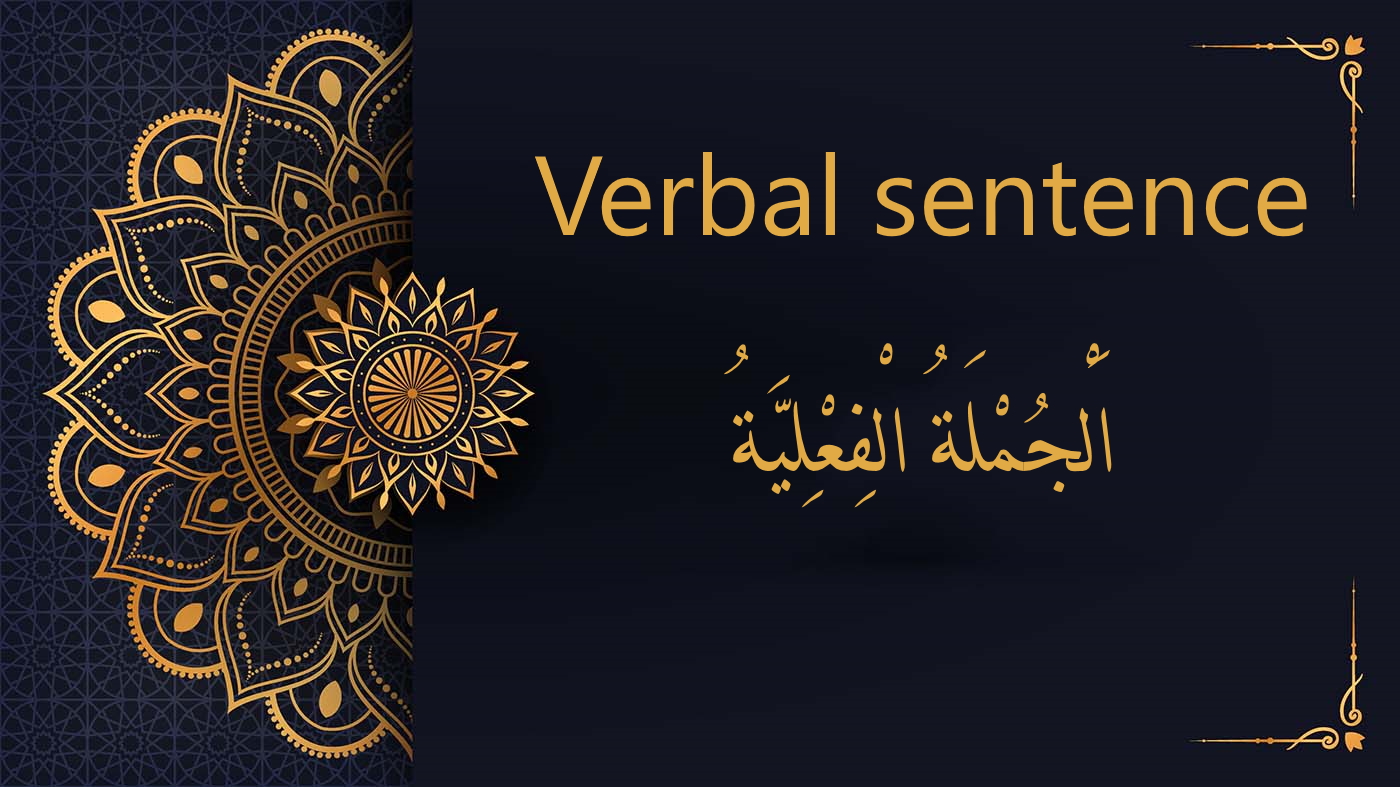
Verbal Sentence in Arabic – الجملة الفعلية Introduction In the context of a verbal sentence in Arabic, the sentence typically commences with a verb. This foundational structure plays a crucial role in understanding Arabic sentence construction. For instance: وَقَتَلَ دَاوُودُ جَالُوتَ and David killed Goliath (2:251) ذَهَبَ اللَّـهُ […]
Past tense Verb in Arabic – اَلْفِعْلُ الْمَاضِي | Arabic Free Course
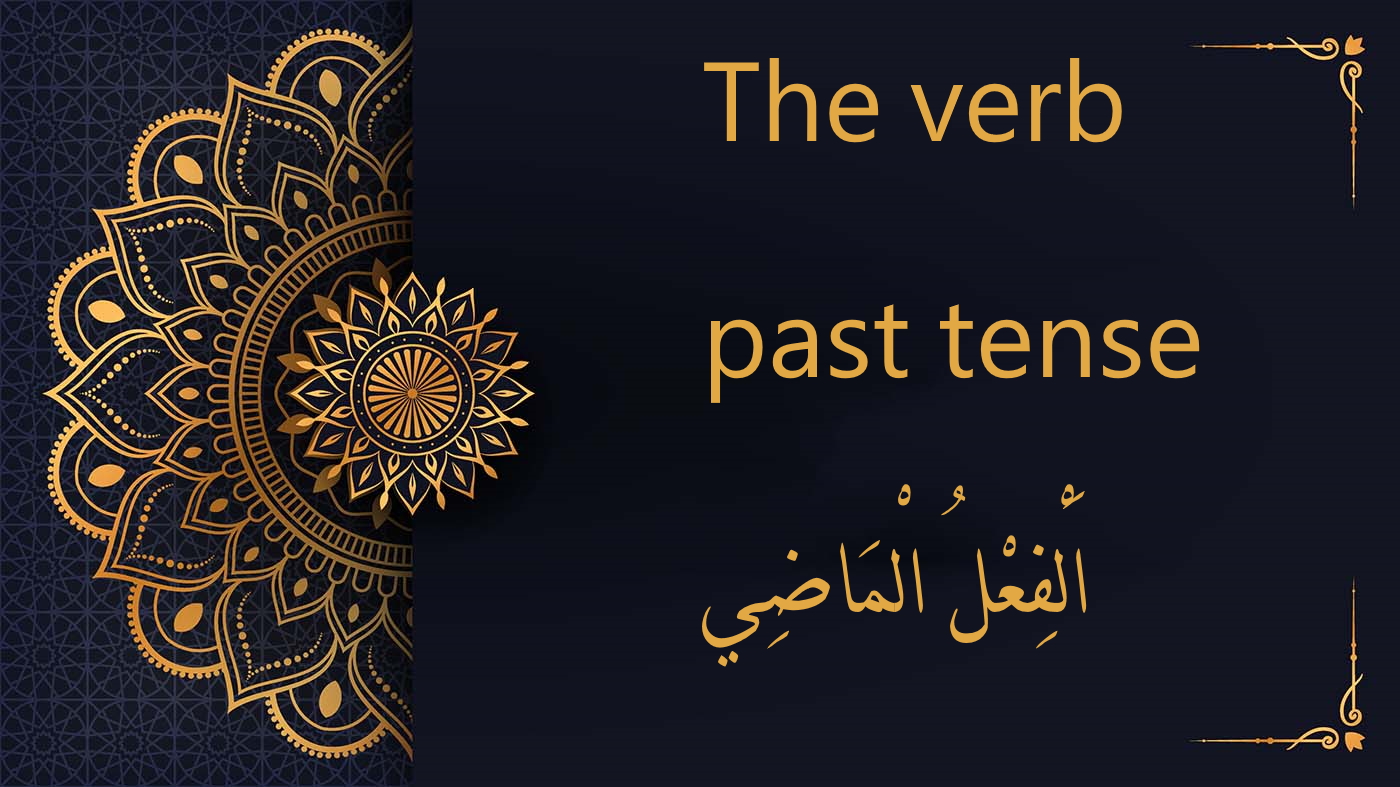
Past tense Verb in Arabic – اَلْفِعْلُ الْمَاضِي Introduction Verbs are dynamic elements in language, representing actions that occur in various temporal contexts, including the past, present, and future. Depending on the timeframe of an action, verbs can be categorized into different tenses: Past Tense – اَلْفِعْلُ الْمَاضِي: In this tense, the action has […]
Simple Nominal Sentence in Arabic – الجُمْلَةُ الاسْمِيَّة – Arabic free Course
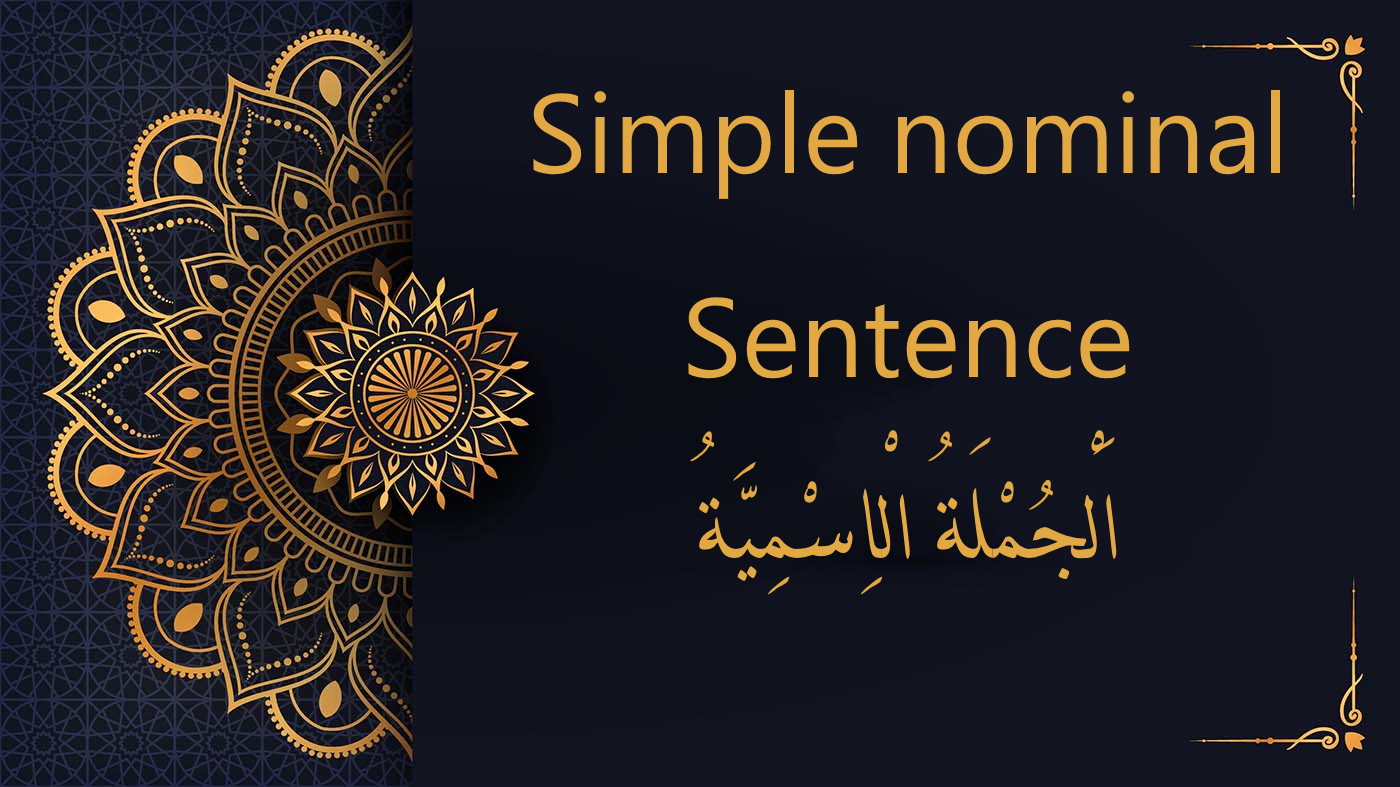
Simple Nominal Sentence in Arabic – الجُمْلَةُ الاسْمِيَّة Introduction In Arabic nominal sentences, two primary elements are present: the subject and the predicate. The subject is termed as ‘اَلْمُبْتَدَأُ’, while the predicate is referred to as ‘اَلْخَبَرُ’. Consider the sentence: ‘مُحَمَّدٌ رَسُولٌ’, translated as ‘Muhammad is a messenger.’ In this instance, ‘مُحَمَّدٌ’ acts as the […]
Descriptive phrase in Arabic – الْمُركَّبُ التَّوْصِيْفِي | Arabic Free Course
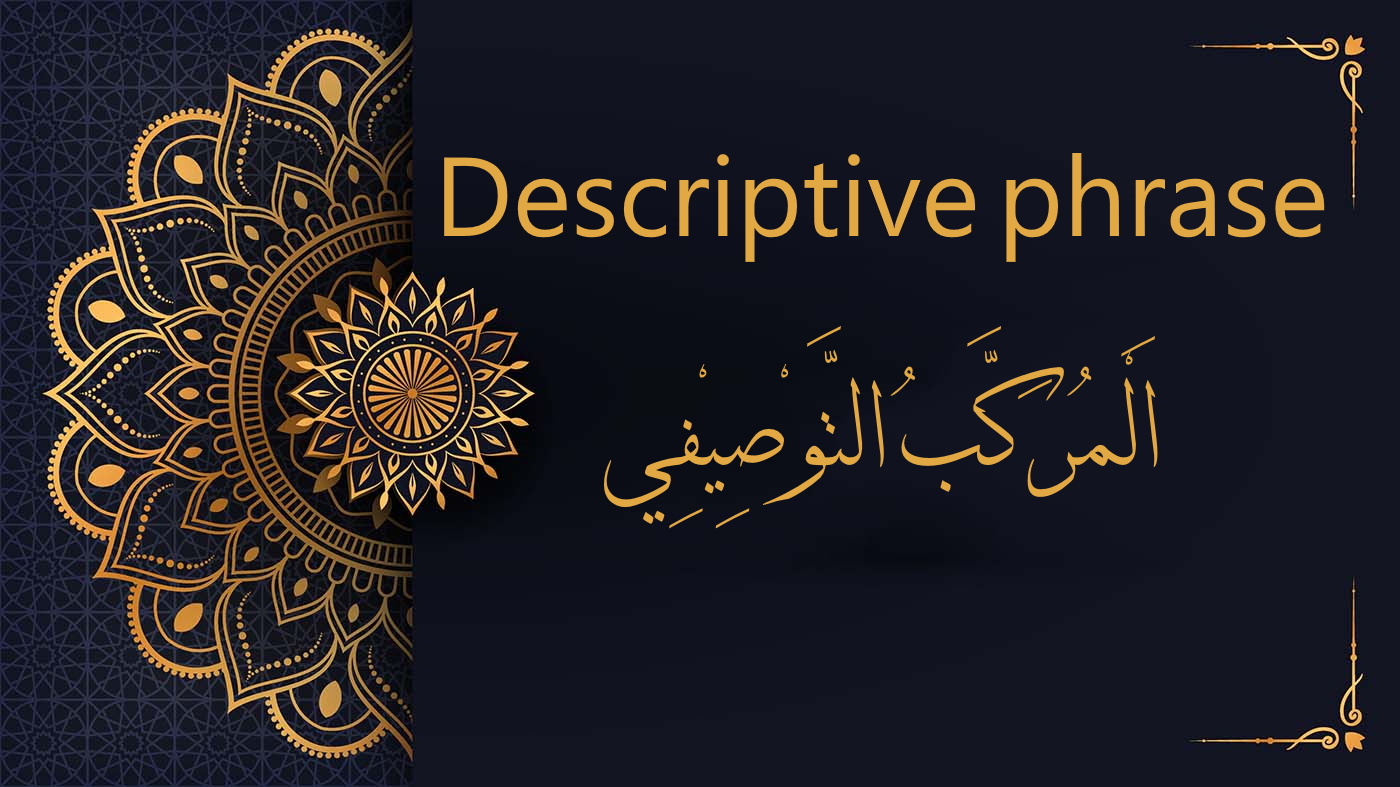
Descriptive phrase in Arabic – الْمُركَّبُ التَّوْصِيْفِي Introduction In Arabic, the descriptive phrase pairs two nouns, with the second acting as an adjective that elucidates the nature of the first. Within this structure, the primary noun, the one being described, is referred to as: اَلْمَنْعُوتُ or اَلْمَوْصُوفُ. Subsequently, the second noun, which functions […]
Possessive phrase in Arabic – اَلْمُرَّكَبُ الإِضافِي | Arabic Free Course
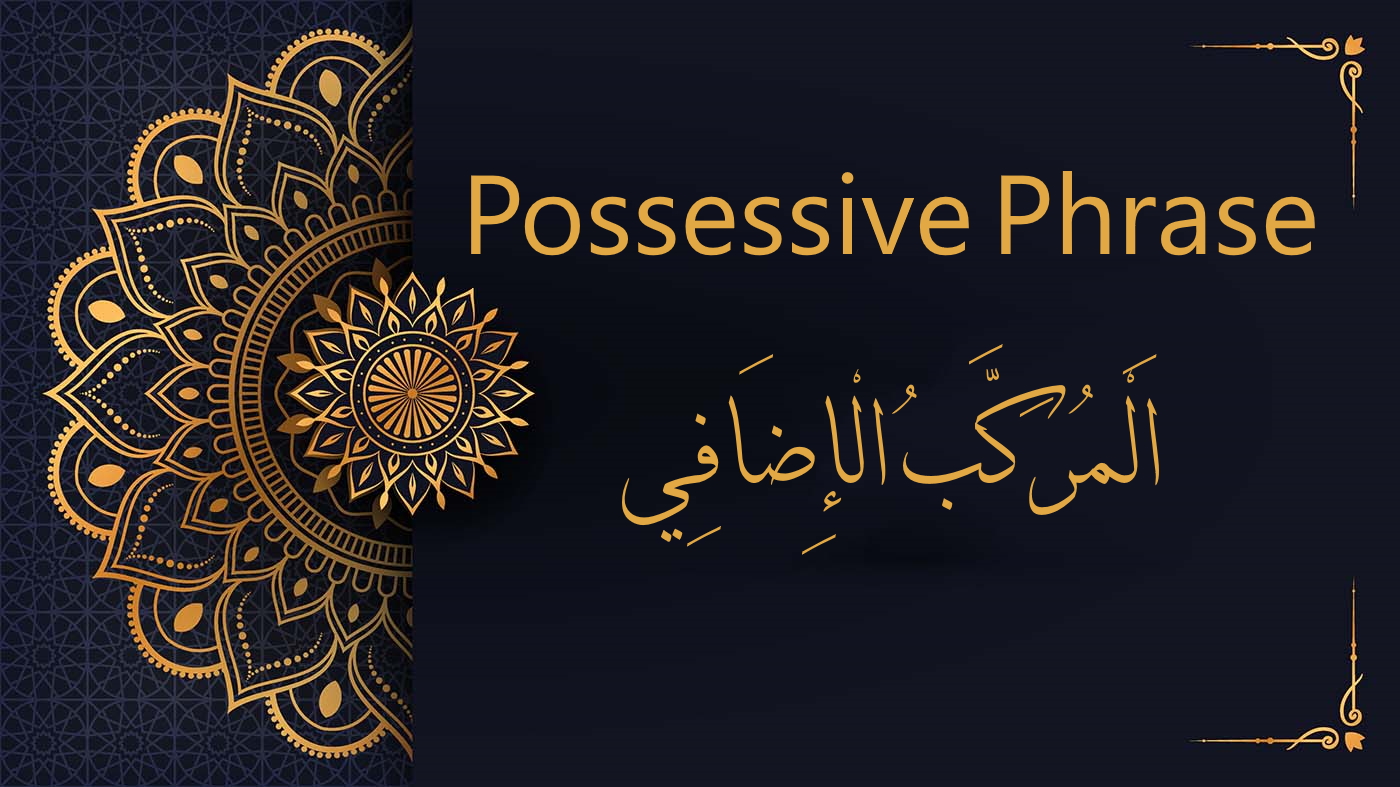
Possessive phrase in Arabic – اَلْمُرَّكَبُ الإِضافِي Introduction In Arabic, the possessive phrase represents a union of two nouns. The first noun signifies the object being owned, while the second noun denotes the possessor or owner. Together, they convey a relationship of ownership or affiliation. Examples: نَارُ اللَّهِ Allah’s fire/fire of Allah […]
Interrogative pronouns in Arabic – اِسْمُ الإِسْتِفْهِامِ | Arabic Free Course
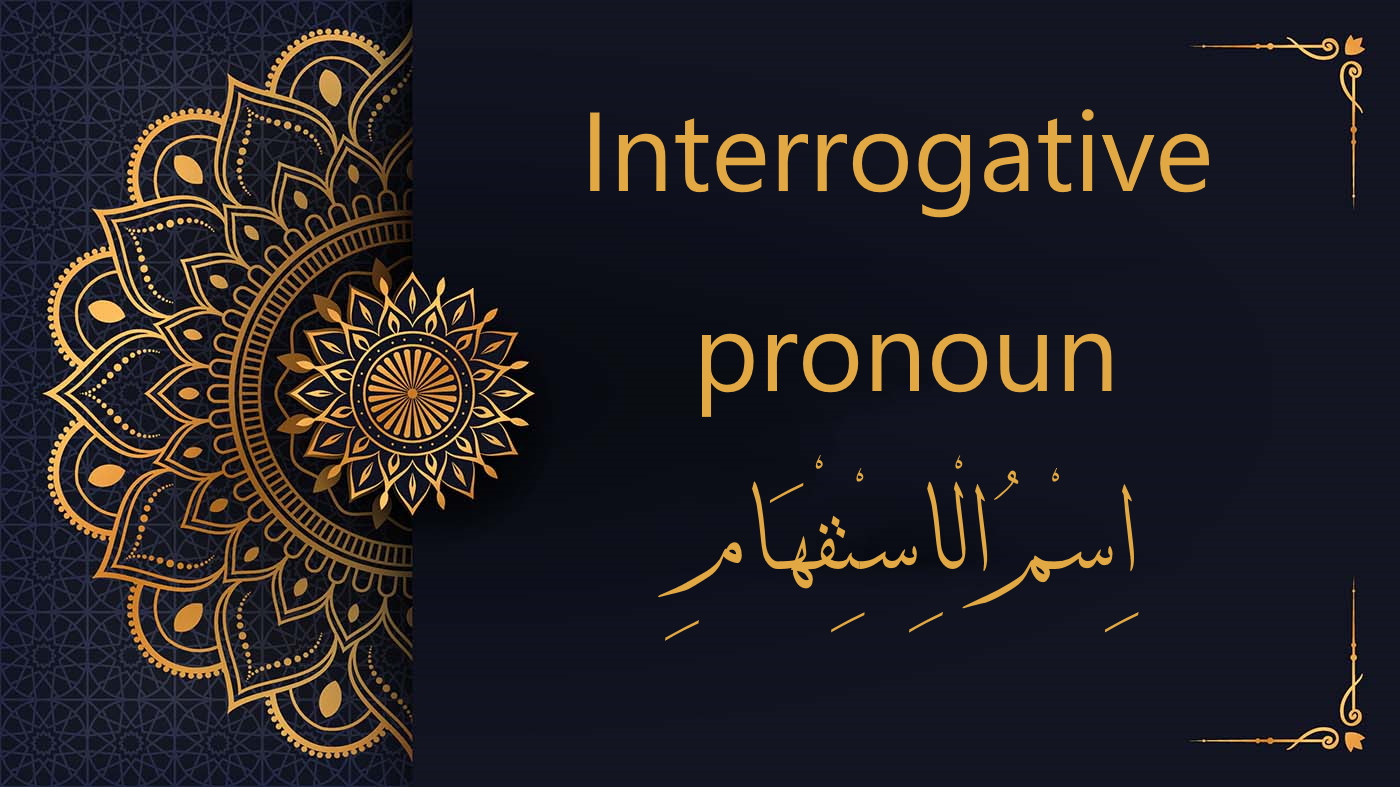
Interrogative pronouns in Arabic – اِسْمُ الإِسْتِفْهِامِ Introduction In Arabic, words that initiate sentences to pose questions are termed as ‘interrogative pronouns’. These essential linguistic tools facilitate inquiry and drive understanding within conversations. 1. Interrogative Pronouns in Arabic: Paving the Way for Inquiries and Understanding What مَاذَا / مَا Why […]
Relative pronouns in Arabic – اِسْمُ الْمَوْصُول | Arabic Free Course
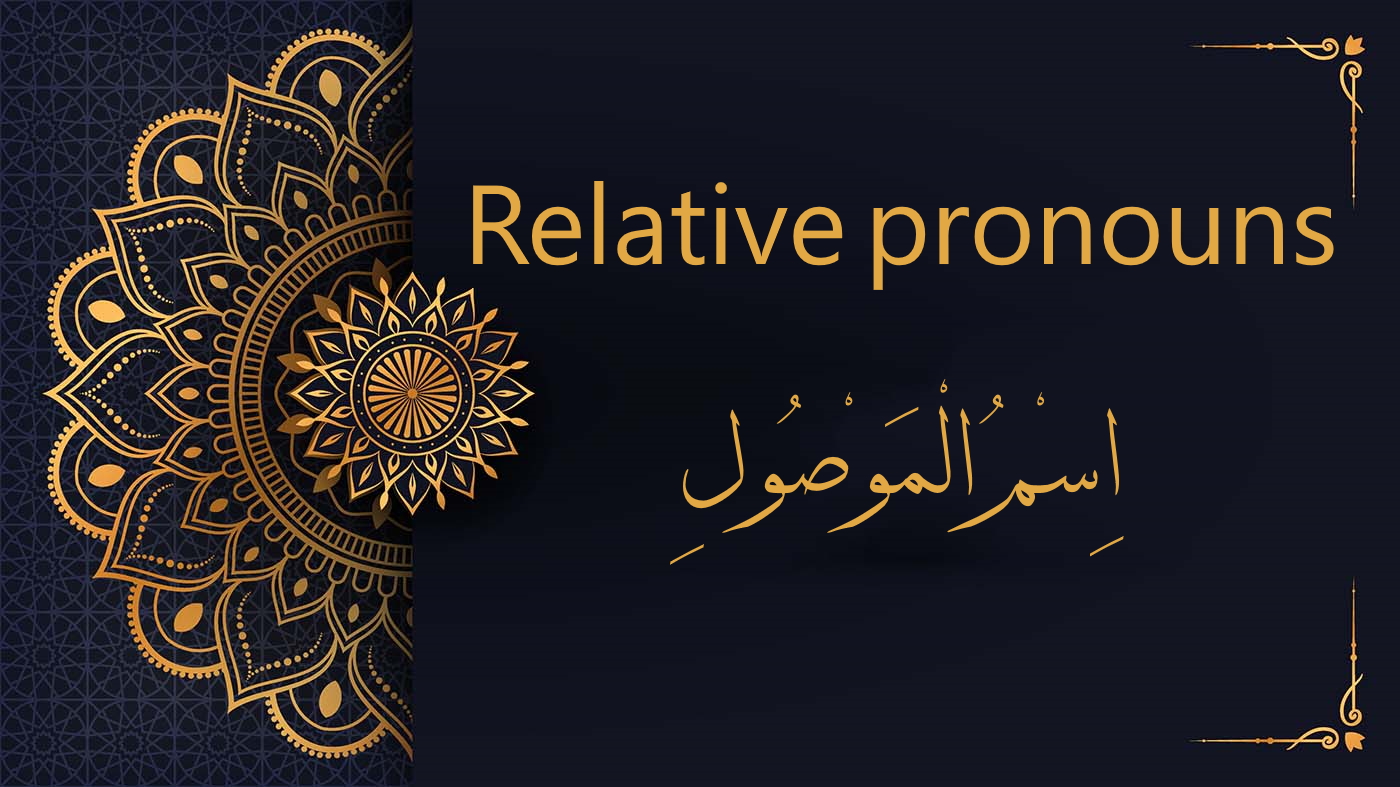
Relative pronouns in Arabic اِسْمُ الْمَوْصُول Relative pronouns serve as connectors in sentences, referencing words that appear either before or after them. While they specify particular entities or ideas, on their own, they do not convey a complete thought. Their primary function is to bridge elements together, ensuring clarity and cohesion in language expression. Masculine […]
Demonstrative pronouns in arabic | اِسْمُ الْإِشارَةِ | Free Arabic Course
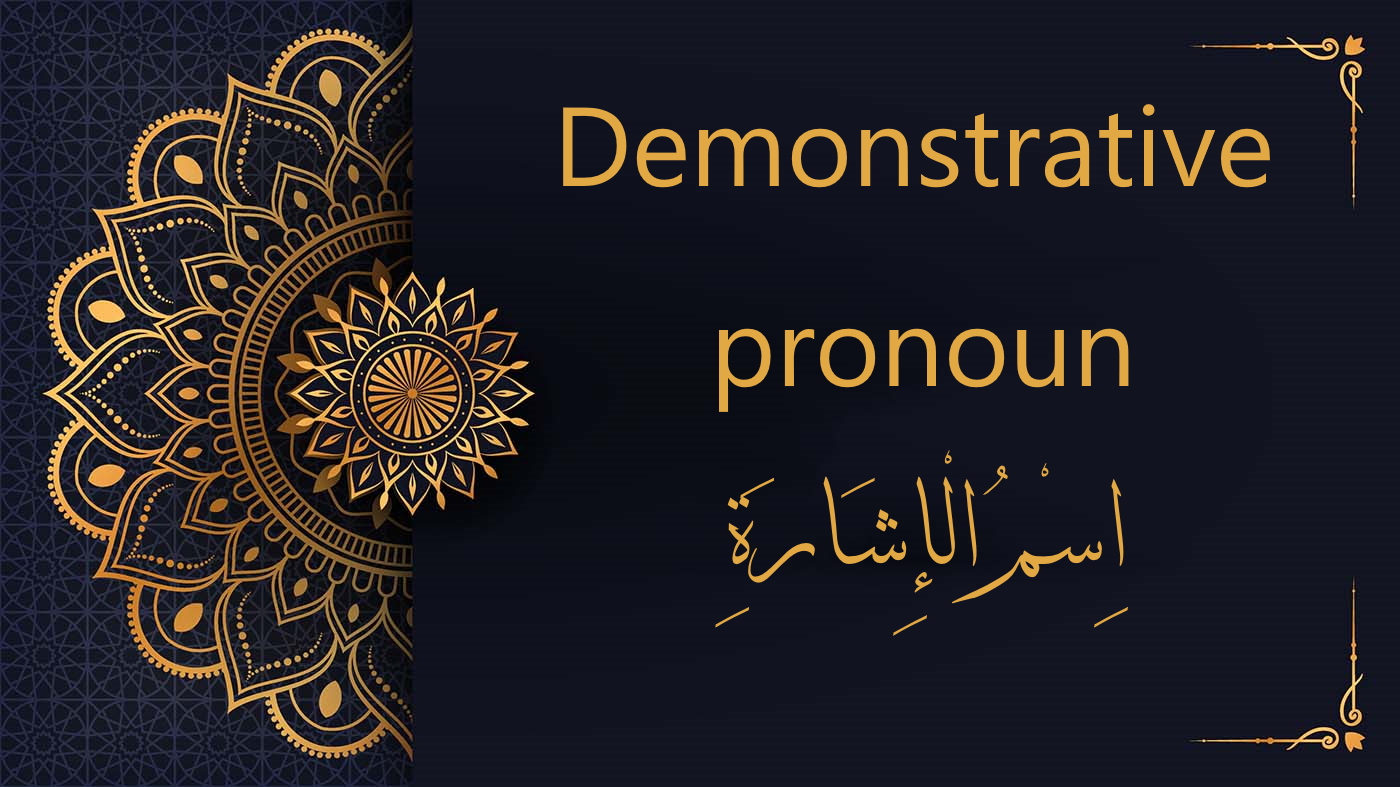
Demonstrative Pronouns in Arabic اِسْمُ الْإِشارَةِ Introduction to the arabic demonstrative pronouns In Arabic, words utilized to indicate or refer to specific items are termed as: Demonstrative Pronouns – اِسْمُ الْإِشارَةِ. These pronouns are essential tools in language to specify particular objects or persons without naming them directly. A classic instance in Arabic […]

